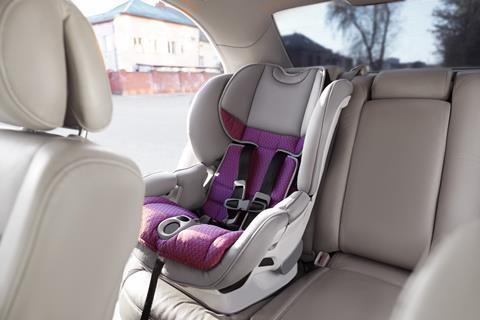
From 30 October, certain baby and children’s products will be exempt from the UK’s furniture and fire safety regulations (FFR).
It is hoped the move will reduce babies’ and children’s exposure to flame retardants where the risk from these potentially harmful chemicals is greater than the fire risk posed by those products. According to the UK government, the fire risk of these products is much reduced, compared with other upholstered furniture, as they are not exposed to the same risks of accidental ignition by cigarettes or similar sources.
Flame retardants are chemicals that reduce the risk of fires involving a range of goods including furniture and electronics. They are added to textiles and furniture to ensure they pass open flame ignition tests, which are an integral part of the FFRs and involve applying a flame to the item being tested for a defined length of time.
However, there are growing concerns about the effectiveness of flame retardants in ensuring fire safety, as well as the potential harms they may pose to human health and the environment. This is because many flame retardants bioaccumulate in people and animals and persist in the environment.
The FFRs were introduced to save lives after highly flammable materials used to manufacture upholstered furniture led to deaths. However, the government has been investigating their effectiveness since around 2014, and there have been several consultations proposing amendments to the FFRs, most recently between 2 August 2023 and 24 October 2023.
The new FFRs were announced in January 2025. However, because of the UK’s obligations as a member of the World Trade Organization, there was as six-month deferral before enforcement begins at the end of this month.
The list of newly excluded products includes certain mattresses for babies and children, and upholstery intended to be used with prams, cots and car seats.
The amendment also means that manufacturers will no longer be required to affix a label to new products, as it is considered that the permanent label carries all relevant compliance information. Second-hand baby and children’s furniture and goods will still require a permanent label.
In addition, the time frame for authorities to begin legal proceedings in cases of non-compliance will be extended from six to 12 months.
A spokesperson for Fidra, an environmental charity supporting sustainability and pollution prevention, says the organisation welcomed the ‘long-awaited removal’ of certain baby and young children’s products from the scope of the FFRs.
‘This move to protect babies from exposure to chemical flame retardants comes six years after being recommended by the [House of Commons] Environmental Audit Committee (EAC),’ they add. ‘Further important EAC recommendations must also be acted on immediately to change the current status quo and protect the UK’s public and nature from harm.’
The spokesperson told Chemistry World that the current ‘outdated’ regulations had resulted in a reliance on fire retardants by many manufacturers, restricting innovation, circularity and alternative methods of fire safety.
‘Despite these regulations being the most prescriptive furniture flammability regulations in the world, there is no evidence for improvements in lives saved during fires,’ the Fidra representative adds. ‘The UK’s anticipated new Furniture and Furnishings (Fire) (Safety) Regulations must halt the unnecessary use of hazardous and persistent chemicals in products.’





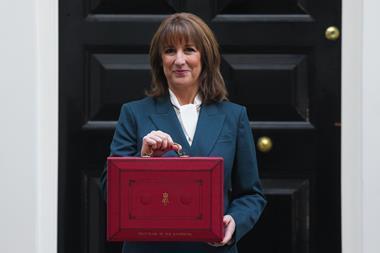

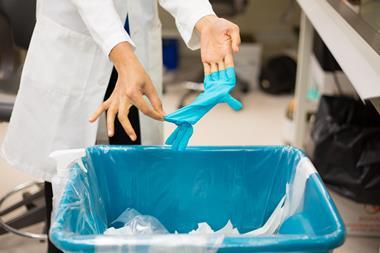
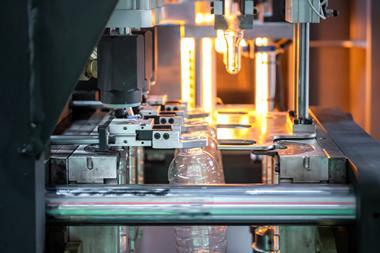
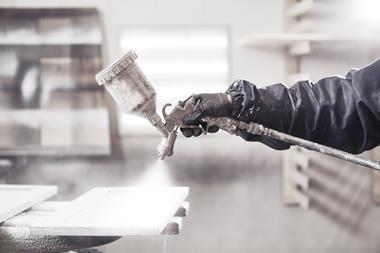







No comments yet